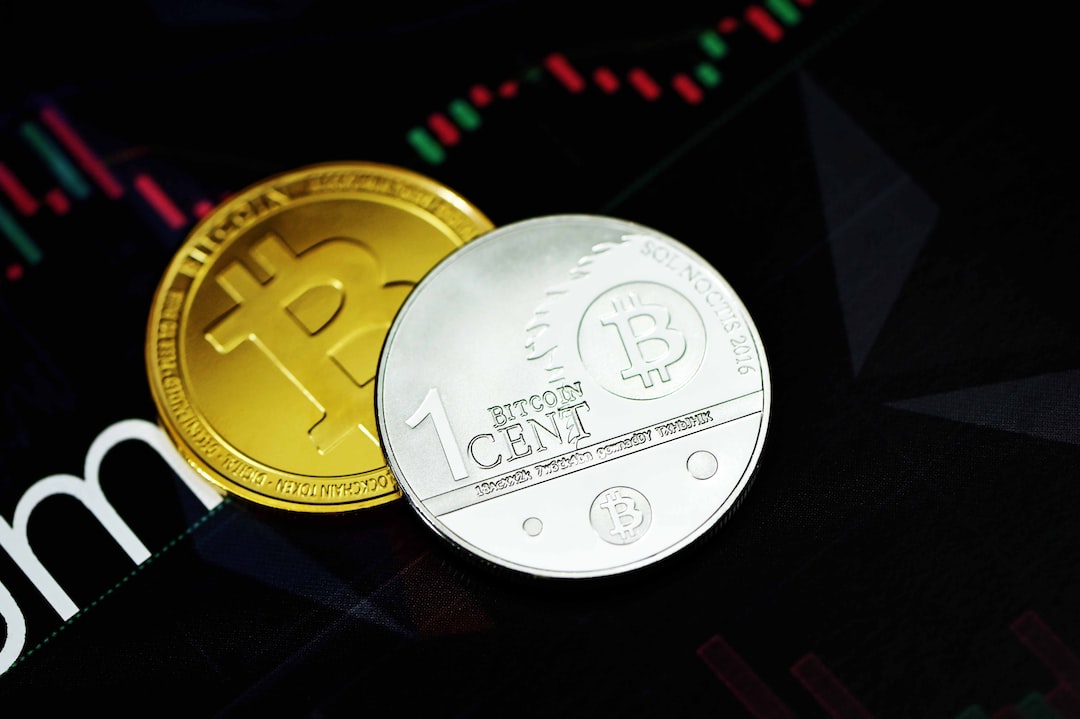The U.S. Treasury Adds Ethereum Wallet to Sanctions List
The U.S. Treasury Department’s Office of Foreign Assets Control (OFAC) has recently updated its sanctions list to include ten individuals involved in illegal narcotics trading, one of whom owns an Ethereum wallet.
The Ethereum address in question is allegedly owned by Mario Alberto Jimenez Castro, also known as “Kastor,” a 34-year-old Mexican man connected to the Sinaloa cartel. The wallet currently holds only 0.017 ETH ($27), but it has facilitated transfers worth tens of thousands of dollars in stablecoins such as Tether (USDT) and USD Coin (USDC).
Most of the wallet’s transaction history involves inbound transfers from Coinbase, followed by outbound transfers to Binance, two major exchanges that were sued by the Securities and Exchange Commission (SEC) in June. For instance, in October 2022, a transfer sent 143,965 USDT to Binance.
According to the State Department’s website, Jiminez Castro is a money launderer who operates an organization responsible for using cryptocurrency to move fentanyl proceeds across the Mexican border. The funds are believed to come from various locations in the United States, including New York City, Boston, Denver, Nashville, Omaha, and Salt Lake City.
Government-sanctioned crypto addresses associated with criminal activity are growing in number. These include addresses linked to the North Korean Lazarus Group and addresses connected to crypto mixers like Tornado Cash, which are popular among money launderers for improving transaction privacy.
Although technically still usable, interacting with sanctioned addresses is illegal. Crypto exchanges that engage with blacklisted addresses could face legal consequences from authorities.
Hot Take: Cryptocurrency Addresses Continue to Draw Regulatory Attention
The inclusion of an Ethereum wallet on the U.S. Treasury Department’s sanctions list highlights the ongoing efforts to combat illegal activities facilitated by cryptocurrencies. This move reinforces the government’s stance against money laundering and drug trafficking, emphasizing the role of digital assets in these illicit operations.
By targeting individuals involved in criminal activities and their associated crypto addresses, authorities aim to disrupt their operations and prevent further misuse of cryptocurrencies. The increasing number of government-sanctioned addresses serves as a warning to exchanges and other crypto service providers to exercise caution when dealing with potentially illicit funds.
As regulators continue to enhance their oversight of the crypto space, compliance measures become crucial for businesses operating in this industry. Stricter Know Your Customer (KYC) protocols and anti-money laundering (AML) procedures will help mitigate risks and ensure the integrity of cryptocurrency transactions.





 By
By
 By
By
 By
By

 By
By
 By
By